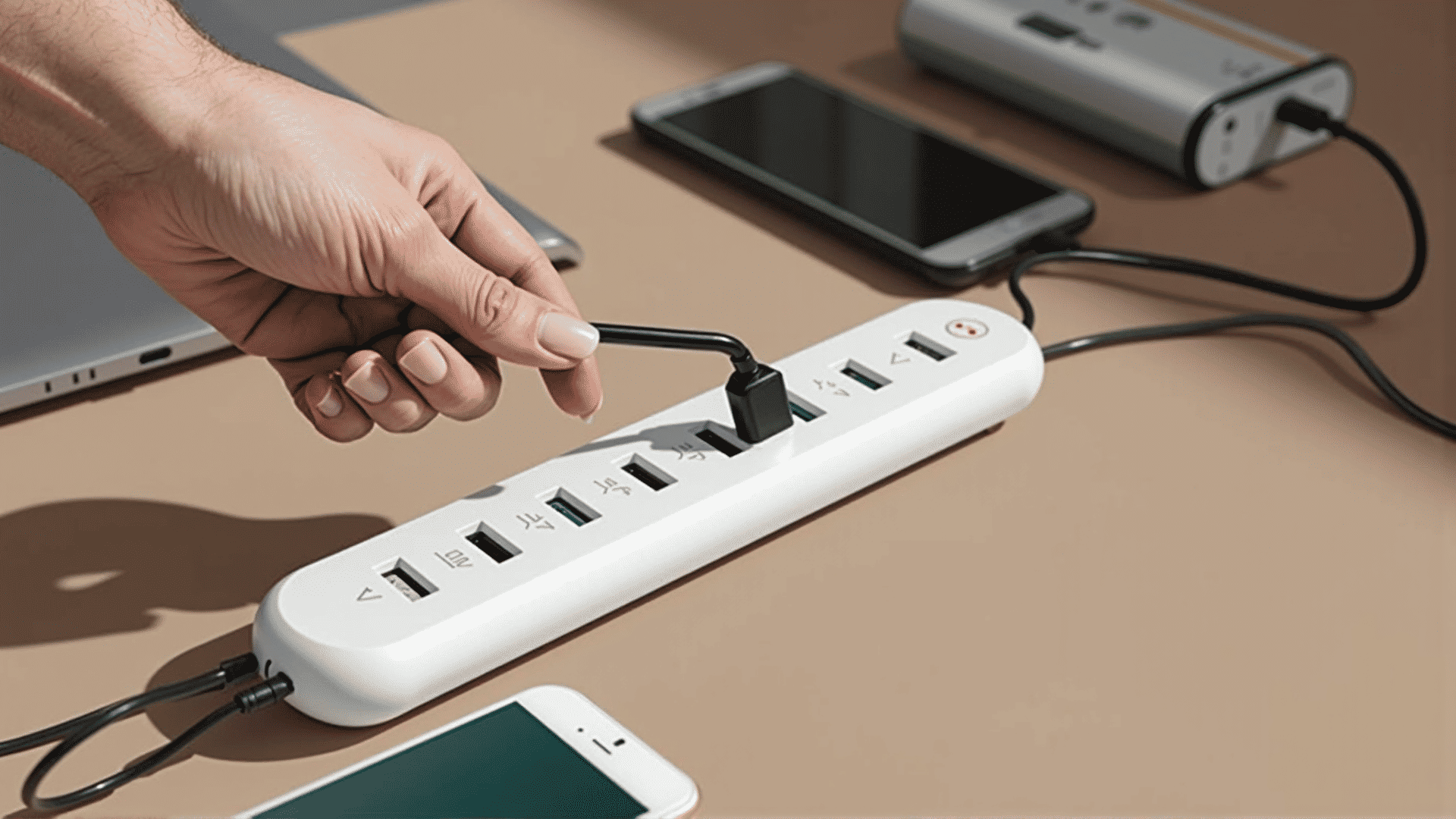USB power issues can be tricky to diagnose and resolve, but understanding the common causes and troubleshooting methods can help you address them efficiently. USB power failures typically occur due to hardware malfunctions, connectivity issues, or software conflicts. Here's a guide to help you troubleshoot USB power problems effectively.
Common Causes of USB Power Issues
-
Insufficient Power Supply: A USB port may not supply sufficient power if too many devices are connected, drawing more current than the port can provide. This is common with unpowered USB hubs.
-
Faulty Cables or Ports: Damaged cables or faulty USB ports can prevent devices from receiving the required power. Physical wear and tear or internal damage may be the culprit.
-
Driver Conflicts: Outdated or corrupt drivers can interfere with the correct functioning of USB ports, leading to power delivery issues.
-
Device-Specific Problems: Certain devices may require more power than a standard USB port can deliver, necessitating external power sources or specific configurations.
-
Overheating: USB ports can overheat if they handle more current than designed for extended periods, leading to reduced power output or device malfunctions.
Troubleshooting Steps
-
Inspect Physical Connections:
- Ensure all cables are securely connected.
- Check for visible cable damage or fraying.
- Try connecting the device to a different USB port to rule out port-specific issues.
-
Test with Another Device or Cable:
- Connect a different device using the same cable and port to determine if the problem persists.
- Alternatively, use a different cable or adapter to verify if the original setup is defective.
-
Examine Power Requirements:
- Confirm whether the connected device requires more power than standard USB ports can offer.
- Use powered USB hubs or AC adapters if necessary to supplement power requirements.
-
Update Drivers:
- Check the device manager for any alerts hinting at driver issues.
- Update or reinstall USB drivers to ensure they function correctly and are compatible with devices.
-
Check Hub Connections:
- If using a USB hub, ensure it’s a powered hub, capable of supporting all connected devices.
- Remove some devices from the hub to allocate more power to the remaining connections.
-
Reset USB Ports:
- Disconnect all USB devices.
- Power off your computer for a few minutes to reset the USB ports.
- Reconnect devices after restarting the system.
-
System Updates:
- Ensure your operating system is up to date, as updates can correct power management bugs.
-
Examine Power Settings:
- Adjust power management settings in the operating system to prevent USB ports from entering a low-power state unexpectedly.
By following these steps, you can effectively identify and resolve USB power issues. When faced with persistent problems, consider consulting with technical support or evaluating the need for hardware repairs. Careful assessment of USB connections ensures your devices will operate smoothly and efficiently.
